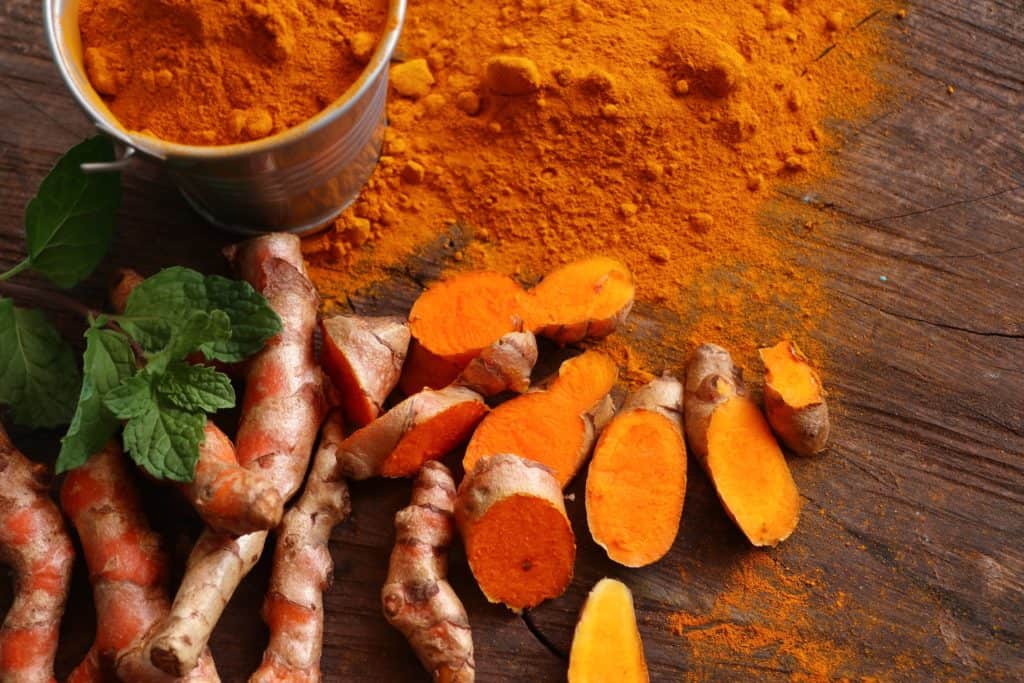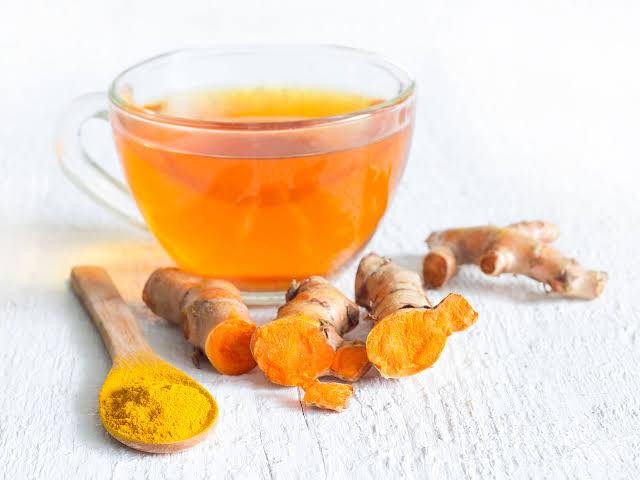If you are not too keen to eat Indian foods, now is the best time to contemplate to start eating the cuisine as most of its ingredients consist of Turmeric. This is the space that provides the curry with its golden color. This can then help enhance memory and mood, especially of older adults. In other words, there are many benefits of turmeric and you will discover some of them in this article.
Indeed, Turmeric has been in association with a wealth of benefits health-wise. According to a report from Medical News Today, in 2018, for instance, studies have suggested that Turmeric can help treat pancreatic cancer, while other research claims the famous spice may contribute to the treatment of Alzheimer’s disease and stroke. It may also help alleviate high blood pressure and other related health condition.
What is Turmeric?

As earlier mentioned, Turmeric is a kind of spice. It comes from the turmeric plant and is commonly the main ingredient in Asian food. Indeed, one of the benefits of turmeric is its main function as a spice in curry. It doesn’t taste very pleasant, and it’s warm and often functions as flavoring or color for butter, cheeses, mustard, and curry powders. More so, the Turmeric’s root has great use to an individual’s health. This is the reason a lot of people undoubtedly believe that there are indeed many turmeric benefits. This herbal medicine is popular for medicine-making. In addition, aside from food ingredients, this plant has a yellow-colored chemical, also known as curcumin, frequently used to color not just foods but cosmetics, as well.
Interestingly, another benefit of turmeric is that it typically helps reduce the risk of various conditions such as type 2 diabetes, heartburn, memory skills and thinking, stress, inflammatory bowel disease, and many other chronic inflammations. Natural medicine experts advise, though, that Turmeric should not be confused with Javanese turmeric root of Curcuma zedoaria. It is the abundance and effects of curcumin in Turmeric that makes it very special, not to mention, beneficial.
What are the benefits of turmeric in the form of tea
A member of the ginger family, also known as Zingiberaceae, Turmeric, is a native plant to Southeast Asia. It has famously been a natural remedy for countless years already, in both Chinese and Indian Ayurvedic medicine. India is growing 78 percent of Turmeric’s worldwide supply. A turmeric tea range is available for purchase both online and in physical stores.
Curcumin contains low bioavailability. Meaning, the body has a difficult time accessing and absorbing the said compound. Because of this, turmeric supplements, along with their guaranteed high dose of curcumin, are quite popular. Turmeric tea, prepared by brewing, uses grated turmeric root or pure powder. It is also among the most effective ways of consuming the spice.
Since it is a natural or herbal medicine, there is no particular recommendation for everyday intake of Turmeric. Meaning, one won’t have overdose just because he has taken too much Turmeric. According to available research studies, the recommendation for daily intake depends primarily on a particular health condition under treatment.
5 Major Benefits of Turmeric Tea

Research results have it that drinking any amount of turmeric tea has numerous health benefits, both short-term and long-term. 5 of the most major ones, aside from fighting inflammation include:
1. Turmeric helps prevent and possibly treat Alzheimer’s Disease
Studies have it curcumin may help lessen the chances of numerous neurodegenerative conditions. Its antioxidant and anti-inflammatory compounds can reduce inflammation, cellular damage, and plaques or amyloid deposits occurring with these specific conditions. In addition, Turmeric and curcumin can possibly slow down or stop some of the age-related protein changes associated with neurodegeneration.
2. The tea helps in the reduction of cardiovascular complications
Numerous studies have shown turmeric to contain beneficial heart health properties by functioning as an anti-inflammatory and antioxidant. A 2012 study found that taking 4 grams every day, curcumin 3 days before, and 5 days after heart surgery. More so, turmeric tea helps reduce the risk of heart attack by 17%.
3. Turmeric reduces the symptoms of arthritis
As an anti-inflammatory, curcumin in turmeric helps reduce the most prominent arthritis symptoms. 2017 research study has it that of more than 200 American adults who have self-diagnosed rheumatoid arthritis, 63% were taking non-vitamin supplements for the management of their symptoms, with Turmeric as their mostly taken treatment product.
4. Turmeric Tea is for cancer prevention and treatment, too
One of the most clinically tested and established therapeutic components of curcumin is its anti-cancer function. As an anti-inflammatory and antioxidant, curcumin can help in reducing the risk of damaged cells in the body, as well as the reduction of risk of cancer and cell mutations. Moreover, several studies have it that turmeric contains anti-tumor components that limit the growth of tumors, as well as the spread of cancerous cells.
A 2014 medical review indicated that over 2,000 articles using cancer and cumin had been published. One advantage of turmeric which is as a treatment for cancer to go with radiation and chemotherapy is presently going through investigation
5. This alternative medicine helps prevent and manage diabetes, and treats (and manages) lung conditions, too
Traditional medicines have been using Turmeric to manage and treat diabetes for centuries already. Numerous studies using both human and animal models have presented that curcumin supplements contain anti-diabetes components.
Researchers suspect that curcumin’s antioxidant and anti-inflammatory properties are helping reduce the long-lasting or chronic lung condition symptoms. One study even concluded that even though there is a limitation in terms of clinical proof, curcumin in Turmeric may help in treating cystic and pulmonary fibrosis, asthma, injury, lung cancer, and COCPD or chronic obstructive pulmonary disease.
4 easy steps to prepare Turmeric Tea
When preparing turmeric tea, you may choose using pure turmeric powder, either ground or grated, or the dried Turmeric. Fermented turmeric preparations, usually sold in tea form, claim to contain higher concentrations of biologically absorbable or available curcumin. Here are the 4 easy steps you can follow to make turmeric tea:
- Boil about 4 cups of water.
- Add a tablespoon or two of powdered or grated Turmeric.
- Let the mixture simmer for around 10 minutes.
- In a container, strain the tea and let it cool for 5 minutes.
You can definitely experience and enjoy these advantages of turmeric. And, for better-tasting, more effective, and more natural absorption of turmeric tea, you may add ingredients or additives such as honey to sweeten your tea and give it more antimicrobial properties; coconut, almond, or whole milk; cream; or a tablespoon of ghee or unclarified butter for easier absorption since curcumin needs healthy fats for it to dissolve properly. Other additives are as follows:
- Black pepper has piperine, a chemical known for helping promote curcumin absorption and that can provide more spice flavor to your tea.
- Lemon
- Lime
- Ginger
These last three added ingredients help enhance antimicrobial and antioxidant properties in the mixture, not to mention, improve the tea’s taste.
